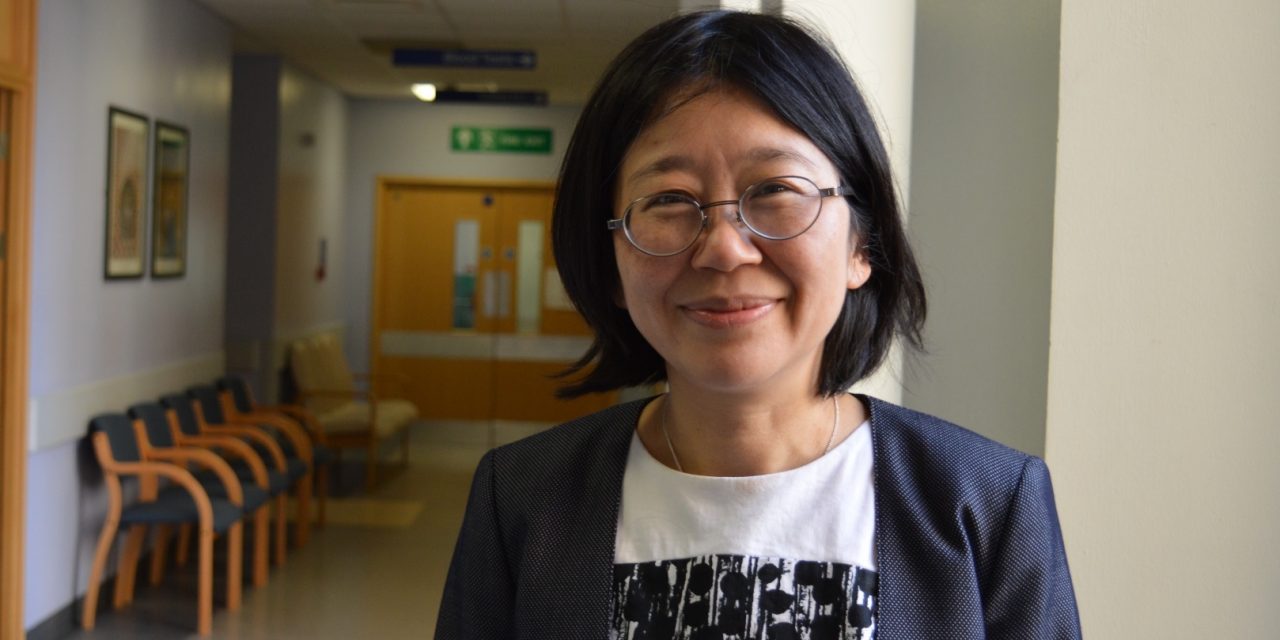Dr Khin Swe Myint – photo supplied
Young people living with Type 1 diabetes are set to receive more support following a national study coordinated by staff at the Norfolk and Norwich University Hospital (NNUH).
A new online toolkit has been developed after the publication of research which looked into young people’s experiences of managing Type 1 diabetes at university.
Experts from NNUH, led by Dr Khin Swe Myint and staff at the Elsie Bertram Diabetes Centre, secured and completed a research grant from Diabetes UK to look at the national provision of services for this group of young people when they move from home to university.
Almost 600 students from across the UK took part in the NNUH-run survey and almost 40 medical practices.
More than 60% of respondents reported that their diabetes was harder to manage after starting university.
More than half also said they had frequent hypos and 26% had experienced diabetes-related hospital admissions after starting higher education.
Dr Myint, who is a Consultant at the Elsie Bertram Diabetes Centre at NNUH, said university life can be a difficult time for young people living with diabetes to manage their condition.
“The main problem that young people with diabetes have when they go to university is that they tend to go away from family and have a new GP and the new university schedule can be very different from their home environment. 17 to 19 is a difficult time for young people with diabetes as they are transferring from children’s services to adult services and then there is a lot to take on with life at university,” she said.
In addition to the publication of the study’s findings, Dr Myint, who is also the lead of the diabetes transition services at NNUH, has conducted further collaborative work with national diabetes charities Juvenile Diabetes Research Foundation (JDRF) and Diabetes UK to develop an online diabetes university toolkit. The work has also been supported by NHS England.
The toolkit helps students with planning and preparing for university, what to do in the application process and information about accessing GP services, insulin storage, day to day management of diabetes during university years and how to deal with emergencies.
Dr Myint said that simple things such as ticking the disability box on the UCAS registration form would alert the university that the student potentially needed extra support.
She added: “We are really pleased that our work over the last three years has led to this and it has been a real collaborative effort.”
More than 300 young people living with diabetes attend clinics at NNUH.
To access the university toolkit, visit http://uni.jdrf.org.uk/





Recent Comments